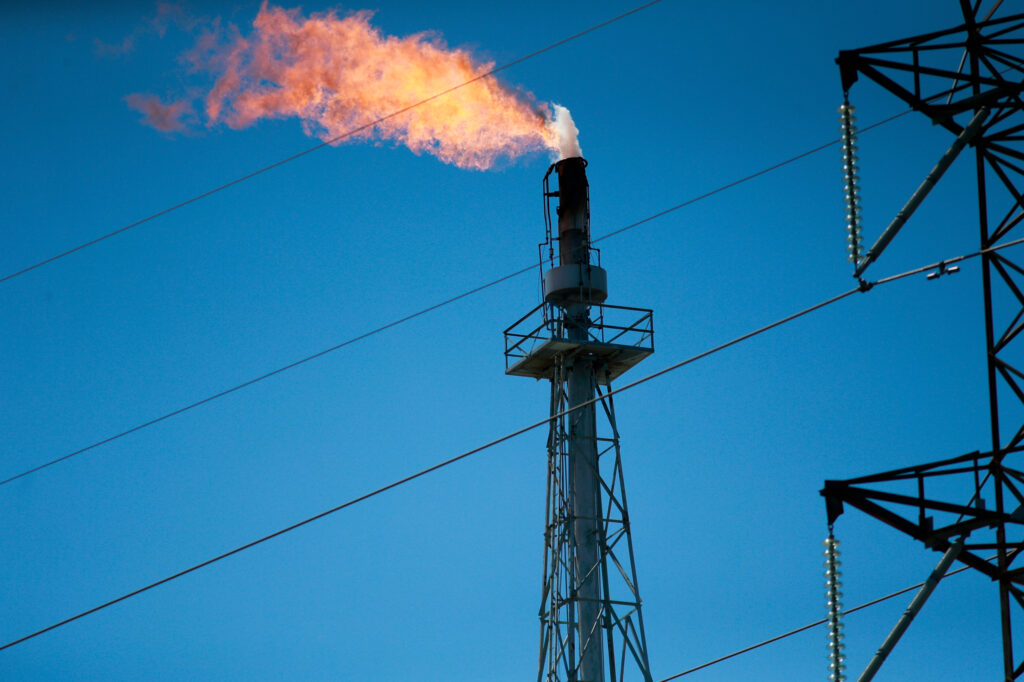The cost of incinerating waste is rising for Scottish councils, and will cost each one over £1 million more per year, on average, by 2028, according to analysis from Friends of the Earth Scotland, UKWIN and Fidra.
The groups have criticised what they say is the Scottish Government’s failure to take action to reduce incineration which has led to these rocketing costs.
This rise in incineration bills will come from two areas: the UK Emissions Trading Scheme and new regulations on the safe disposal of waste furniture that contains toxic chemicals.
The costs of these changes will vary for each council depending on how much waste they send to incineration. Environmental groups have estimated the annual costs for Glasgow will be roughly £5.6m, for Edinburgh £4.3m and for Aberdeen City £1.6m.
Incineration is expected to be included in the UK Emissions Trading Scheme (ETS) from 2028. This cost better reflects the impact of incineration on society. Industry experts have estimated that ETS will increase the cost of burning waste by 43%.
In addition, new guidance on disposing of waste sofas and other upholstered furniture is creating more costs for councils. These items can contain high levels of toxic chemicals which means they must be disposed of by incineration. This could cost each council £120,000 more per year.
These costs could be reduced if councils sent less waste, especially plastic, to be incinerated. However, incineration rates have risen to their highest ever levels. The Scottish Government’s moratorium on new waste incinerators in 2022, included loopholes meaning capacity has increased by 215,000 tonnes (17%) since the moratorium was introduced. The Scottish Government has also failed to act on a recommendation from its own review into incineration to ban the burning of plastics by 2030.
Campaigners are calling for the Scottish Government to support better management of waste upholstered furniture that contains toxic chemicals by introducing a new Extended Producer Responsibility scheme. This would make producers responsible for the disposal of the products they make, rather than this cost been paid for by councils.
Kim Pratt, Senior Circular Economy Campaigner at Friends of the Earth Scotland said:
“The cost of incinerating waste is set to skyrocket just as the amount of waste councils send to incineration reaches an all-time high.
“It is disgraceful that the Scottish Government has failed to close the loopholes in its own ban on incineration, leading to higher costs for councils at a time when vital services are being cut, and people are facing a cost of living crisis.
“The Scottish Government can help councils cut these costs by closing these loopholes and halting the growth of incineration, including by acting on the recommendations of its own
review and stopping plastics being burned. Finally, it must make producers, rather than councils, pay for the cleanup of the toxic sofas they have sold.”
Shlomo Dowen, National Coordinator of the UK Without Incineration Network (UKWIN), said:
“Incineration is not just poor value for money, it is also environmentally unsustainable. Burning waste has no part to play in a circular economy that values resources instead of destroying them. If something can be recycled then it should be recycled, and if it cannot be recycled then it should be redesigned. The Scottish Government’s failure to do more to overcome the barriers that incineration poses to the move to a more circular economy is a real missed opportunity.”
Dr Joanna Cloy, Senior Project Manager at Fidra said:
“To achieve a safe circular economy for Scotland, the Scottish Government must support enforced chemical labelling of furniture products and other legislative measures by UK Government that will reduce the UK’s current reliance on harmful chemical flame retardants. Introducing EPR schemes would promote sustainable product design and dynamic chemical labelling would provide information for recyclers and waste managers on the use of chemicals in products, supporting their duty of care activities by ensuring that waste is disposed of or recycled appropriately.”
















